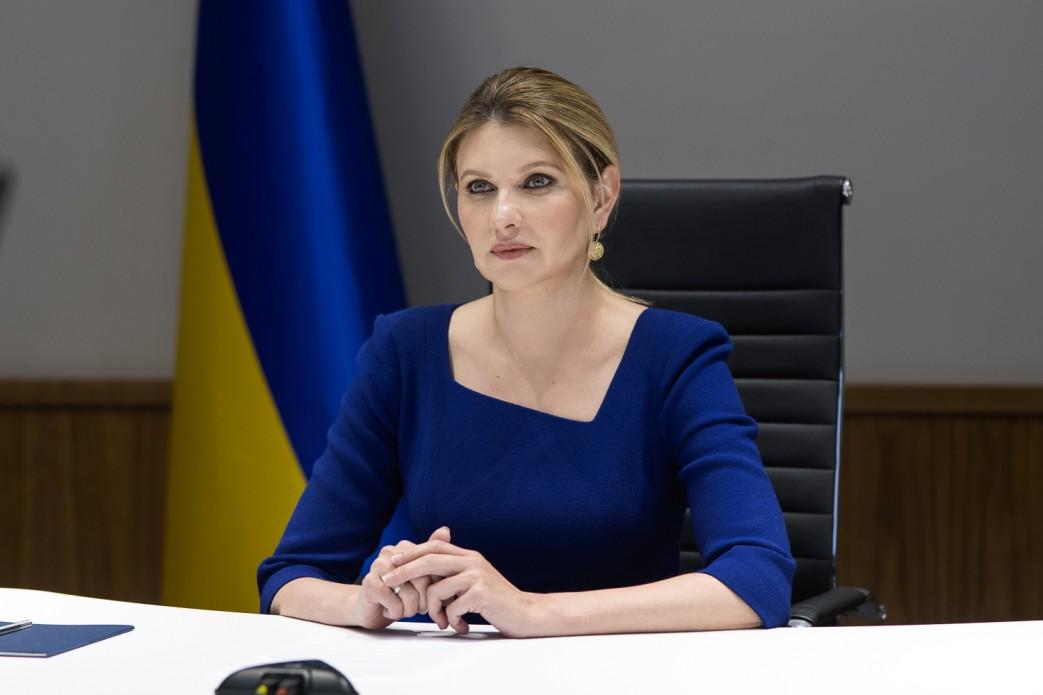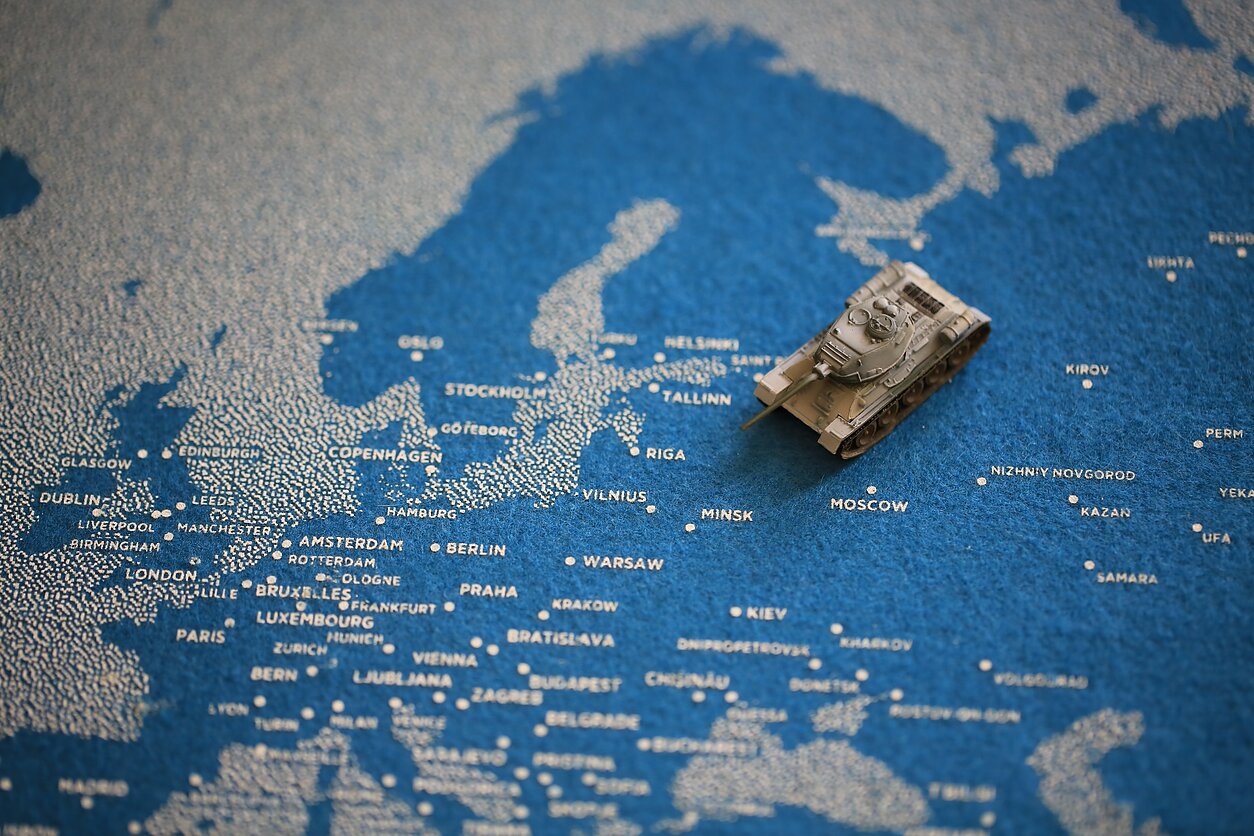The first Ukrainian center in the European Union for citizens forced to leave Ukraine was opened in the Lithuanian capital Vilnius. Since the beginning of the Russian aggression, the Republic of Lithuania has accepted more than 50,000 Ukrainian IDPs.
The cultural center was created on the initiative of the first ladies of the two countries - Olena Zelenska and Diana NausÄ—dienÄ—. Vytautas Magnus University provided the premises for it.
The symbolic ribbon was cut at the ceremony by the First Lady of Lithuania, Ambassador of Ukraine to the Republic of Lithuania Petro Beshta, and Rector of the University Juozas Augutis.
Olena Zelenska joined the event via a video link from Kyiv.
"When we conceived this center with a colleague, let me say, with my friend and great friend of Ukraine Diana NausÄ—dienÄ—, we wanted Ukrainians who were forced to come to Lithuania because of the war to have a truly native place. That the center was the center where it is possible to address on any question - for the help or communication. To be able to study here, to spend leisure time. Join a cultural event or educational course," she said.

Former Lithuanian Ambassador to Ukraine Algirdas Kumža, signatory of the Lithuanian Independence Act, became the head of the Ukrainian Center in Vilnius.
According to the plan, the Ukrainian Center will become a place of education, career guidance, psychological assistance, and recreation for children, youth, and adults. Here you can leave your child for extracurricular activities, attend lectures, and educational courses or spend time on hobbies.
The center will also be a platform for cultural diplomacy between countries. It will present Ukraine, its culture and identity in Lithuania, participate in academic activities, and hold creative meetings, concerts and other events.
"Together with our partners, we promised to actively cooperate and do everything possible to make Ukrainians feel safe in Lithuania, receive medical and social assistance, educational services, and most importantly - so that Ukrainians can nurture their culture and preserve the nation's vitality." said Diana NausÄ—dienÄ—.






















